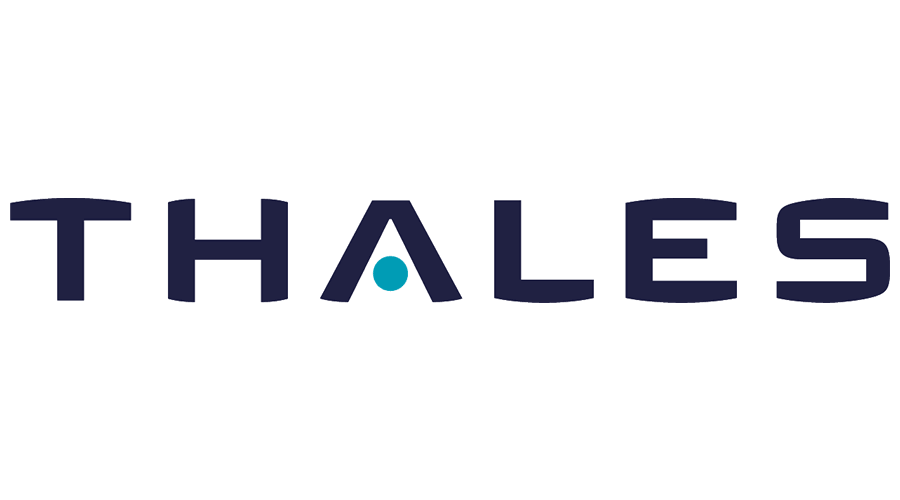
Germany Plans to Combat Far-Right Extremism, Starting by Tackling Online Hate Speech
It is no secret that Germany has been experiencing a major increase in far-right extremist violence. Take a look at the most recent attacks, for instance:
- June 2019: Regional Official Walter Lübcke was gunned down at his home in central Germany by a right-wing extremist with claims to Neo-Nazi ties.
- October 2019: 27-year old, Stephen B., attempted to carry out a mass shooting on a synagogue in Halle on the day of Yom Kippur, which left two dead. Stephen B. admitted to having anti-Semitic and right-wing extremist beliefs. He was also found to have visited websites which circulated far-right and anti-Semitic conspiracy theories.
Due to the rise in such hate crimes, Chancellor Angela Merkel’s Government has been under immense pressure to take action. The German cabinet approved new measures on Wednesday (Oct. 30, 2019) to combat right-wing political violence. These new measures should provide intelligence and law enforcement services with more power to combat threat. Some of the measures include tightening rules on gun ownership and stricter monitoring of online hate-speech and incitement.
Germany’s Interior and Justice Ministries have been debating the new bill for over a year now, but due to these most recent events that have both been associated with far-right extremist violence, the German government was pressured to approve the new law much earlier than expected.
German Interior Minister Horst Seehofer of the conservative CSU – a sister party of Merkel’s CDU — said on Wednesday that in the wake of the terrorist attack in Halle, it was important that the “government’s words were followed by actions.”
Justice Minister Christine Lambrecht of the Social Democratic Party (SPD) said the German government “is confronting right-wing extremism and anti-Semitism by all means enabled by of the rule of law.” She also added, “What the disinhibition and unleashing of hatred in the net can lead to was shown again in the terrible attack on the Jewish community in Halle.”
Germany’s domestic intelligence agency will now be able to take a more diligent approach towards the monitorization and prosecution of online hate.
The new Security measures include:
- Online service providers such as Facebook, YouTube, and Twitter will be required to report hate speech to German authorities, and also pass on the IPaddress of the conspicuous user. Until now, such social media giants have only been required to delete hate speech within a certain time period.
- Gun laws will be tightened, with each request for a weapon permit to be checked by the BfV (the Federal Republic of Germany’s domestic security agency).
- Existing prevention programs which aim to tackle right-wing extremism, anti-Semitism, racism, and hostility toward any targeted group will be developed and financing “maintained at a high level.”
- Local politicians will be provided with the same special protection against defamation and slander now given to state and federal politicians, and attacks against paramedics and emergency medical professionals will be treated in the same way as attacks against law enforcement officers. Legal changes will also make it easier for people threatened by far-right extremist violence to block access to their private email address.
According to Homeland Security Research Corporation’s market report- OSINT Market & Technologies – 2019-2022, Open Source Intelligence (OSINT) opens the door for dozens of government agencies and organizations to become part of the Intelligence market. The proliferation of data and the ease of access to sources are the main drivers in this fast-growing Intelligence Market.
According to HSRC’s report, the global OSINT market was driven mostly by governmental intelligence agencies, police and law enforcement agencies, and defense-related organizations. The fastest-growing market vertical is OSINT used by cybersecurity agencies, primarily for threat intelligence purposes. In 2018, this segment represented 17.4% of the global market, and is estimated to only grow. In terms of market use, OSINT for terror monitoring represented the largest category by purpose of use, as more and more countries face terror threats due to terrorist groups or menacing individuals.
The Jewish community is in favor of the new measures, yet still feels hesitant about the government’s plans to focus on right-wing Anti-Semitism; according to the Jewish community in Germany, this will not end violence against Jews in a country whose regime was governed under Nazi Germany.
“Anti-Semitism comes from right-wing extremists, left-wing extremists, Islamists and from within German society,” Berlin Jewish community member Sigmount Koenigsberg said. Koenigsberg continued, “Because anti-Semitism is so wide-ranging, we need a more comprehensive strategy. No one is born anti-Semitic. The road to anti-Semitism is long. So prevention is crucial.”
According to the German Government, about 90 percent of the 1,800 incidents recorded against Jews last year were committed by individuals expressing far-right views. On Tuesday (Oct. 29, 2019), just one day before Germany approved the new security measures, a 70-year-old Jewish man was beaten on a street in Berlin in an apparent anti-Semitic attack. According to police, the victim was being verbally attacked by a man, which eventually resulted in the man physically assaulting the Jewish man.
Berlin Mayor Michael Muller condemned the recent series of attacks with Germany, saying “events that in our city, in the face of our history, just should not happen, and must [never] become normal.”
Head of the home affairs committee in the Bundestag lower house, Andrea Lindholz, said right-wing extremism and Islamist terrorism are some of the major security threats that Germany is facing. “The main challenge is the fight against the boundless hate on the internet. The internet should not remain in a legal vacuum,” said Lindholz.
Two years have passed since Germany had introduced laws that would fine up to 50 million euros for any social media site that would fail to remove any hate messages in a swift manner. These new laws put immense pressure on Facebook, resulting in the social media site to delete thousands of posts deemed as hate speech. With the most recent security measures now in place, Germany hopes to see more positive results in regard to the country’s safety.
According to Germany’s domestic intelligence agency, there are over 24,000 right-wing extremists in Germany, and the agency estimates that about half of them could be potentially violent.
Many have since voiced their doubts about the effectiveness of the new measures, including Benjamin Strasser of the Free Democratic Party (FDP). “Obligating sites to disclose information will not effectively combat hate crime,” explained Strasser.
In the interim, Germany’s Data Protection Commission will monitor the developments closely as these recent proposals move toward becoming law.
Commission Spokesperson Dirk Hensel expressed his views on the matter, saying, “At this point it’s too early to say whether this is good or bad, but there will certainly be questions to be asked regarding the ethics of private companies deeming what counts as a conspicuous post on social media.”
For more information, contact Naomi Sapir:
naomi@homelandsecurityresearch.com
















